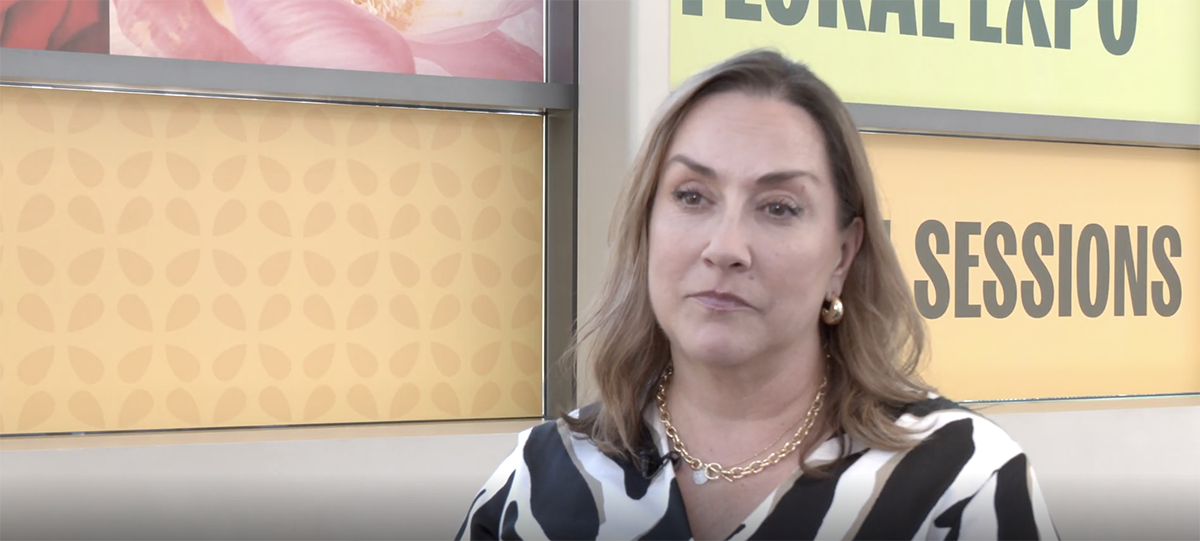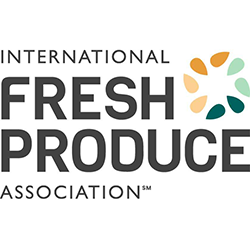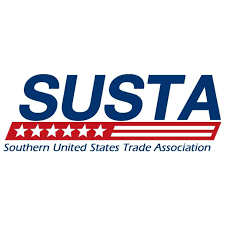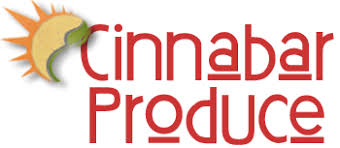ANAHEIM, Calif. — Tariffs' impact on the fresh produce supply chain was a key topic at last week's International Fresh Produce Association's Global Produce and Floral Show.
How's the industry weathering the storm? To find out, The Packer spoke with IFPA Vice President of U.S. Government Relations Rebeckah Freeman Adcock on Oct. 16.
“We're still really mostly in a place of uncertainty. There's been a lot of adjustments that have been made — country by country,” she said. “We certainly still have a baseline tariff, but that is under court review. So, although the tariffs are being collected, it's unclear whether they will stay in place and what would have to happen if the court decided those tariffs wouldn't stay in place.”
While Adcock says the industry is weathering tariffs and the uncertainty they have caused “pretty well,” she also says more changes are coming as the seasons change.
“It will be interesting to see how things move when we see changes in seasonal movement of produce — when we see the domestic supplies that we normally see in the summer shift with what comes in and out of the country, and how that affects prices and people and the movement and logistics,” she says.
IFPA members have told the association that advocacy is of utmost importance, and the organization says it continues to urge the government to support policies that increase Americans' access to fresh produce and create an environment in which business can flourish.
“We're very, very focused on trying to make sure that folks don't walk away from produce should it become more expensive because of tariffs or because of things in the dynamics and the uncertainty in the industry that tend to drive costs up,” Adcock says.
Adcock says USDA data predicts that, despite tariffs, imports will continue to rise in the U.S.
“This is tough for the United States, and it's about a lot more than trade and tariffs,” she says. “It's about labor. It's about inflationary costs. It's about many other things. Tariffs aren't necessarily kind of a symptom of the problem rather than the underlying problem. So, we have that conversation with the administration to help them understand the dynamics of what it takes to feed people.”
IFPA is hopeful that the fresh produce industry will play a crucial role in the Make America Healthy Again movement.
“We know what a critical part our industry can play in that, and we want to do that in a way that empowers U.S. producers, which is something that the Trump administration is interested in,” she says. “We're going to have to stay focused on making it a good place to do business in the U.S. and certainly in North America.”
In her State of the Industry address, Oct. 16, IFPA CEO Cathy Burns said the uncertainty surrounding tariffs has been particularly hard on suppliers. Adcock agrees.
“In some ways, suppliers are truly caught in the middle. We know that it's a very difficult time to be a grower in the U.S.,” she says. “Suppliers are trying to navigate those pressures that the growers are feeling all the way up to retailer and the consumer and trying to find a way to compensate and make up for those prices and see how much they can actually absorb into the system, where we're seeing price increases — where things are costing more to do business. Suppliers are definitely feeling the heat as well.”
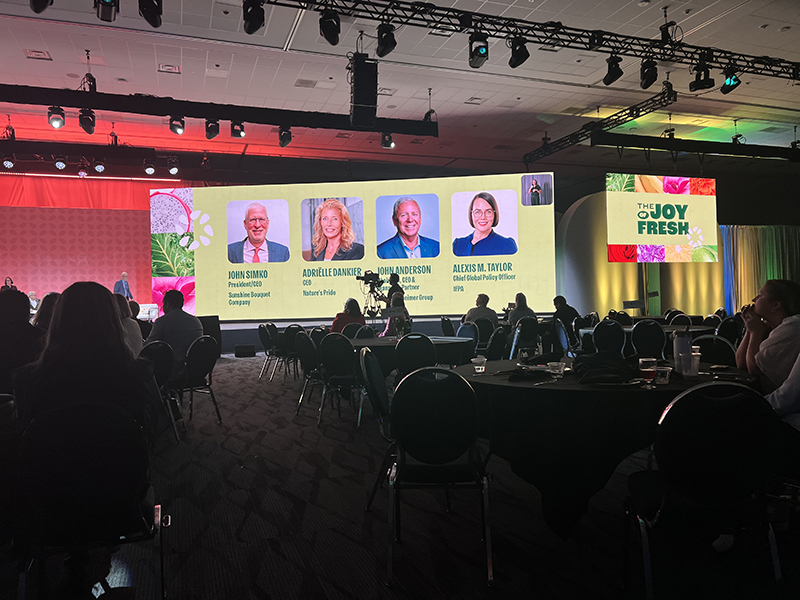
Tariffs and Turbulence
Tariffs also took center stage during an Oct. 16 IFPA Global Show panel discussion, “Leading Through Turbulence,” featuring John Anderson, chair, CEO and managing partner for The Oppenheimer Group (Oppy); Adriëlle Dankier, CEO of Nature's Pride; John Simko, president and CEO of the Sunshine Bouquet Co.; and moderator Alexis Taylor, IFPA's chief global policy officer.
For Oppy, which operates in 30 different countries, navigating tariffs requires quick action, Anderson says.
“We … figure out how [to] quickly make sure that we're giving the right price to the customer, and we're making sure that the grower is not paying any more duty than is required,” he said. “And now you have an option to go back later on, and if you've made a mistake, to get your money back, if it's overpaid or underpaid, but it takes time to do that.
“The other thing that I noticed being a global company — and we have lots of resources — is that not everything needs to be done in house,” he continued.
As a member of the IFPA board of directors, Anderson joined the board at the White House, where they met with President Donald Trump's advisers.
“We had a discussion about tariffs,” he said. “It was actually quite a good discussion — an open discussion.”
Anderson says the discussion included talk of the U.S.-Mexico-Canada Agreement, which calls for zero tariffs on produce in all three countries, though the Trump administration had said it would get rid of that.
“We said to him, ‘well, you want America to be healthy, don't you? Yeah, he did. He would like grocery store prices not to rise. We would like that [too],” he said.
The IFPA contingent to the White House urged the government to keep USMCA in place until it's time to renegotiate in July 2026.
“To make a long story short, that recommendation was made, and the president accepted, so that was a really big win for the entire industry,” he said.
Mark Your Calendars: Nov. 5
Simko says since the “Liberation Day” roll out of tariffs, “it's been constant turmoil” for anybody dealing with imported products. “Every day has been a new challenge,” he said.
The Supreme Court will hear the case on tariffs that apply to the fresh produce and floral industries on Nov. 5, Simko said.
It's important to understand that Congress gave the office of the president the power to impose tariffs related to national security — tariffs on steel and aluminum, he said.
Trump is using the International Economic Emergency Powers Act to apply the other tariffs, actions which have been taken to court.
“It's been ruled unlawful — twice ruled unlawful. It was appealed again, and Trump lost,” he said. “The Supreme Court is going to rule on this Nov. 5., so that is a key date to watch.”
Your next read: The ‘Fight for Fresh' Continues, Says IFPA CEO Cathy Burns

